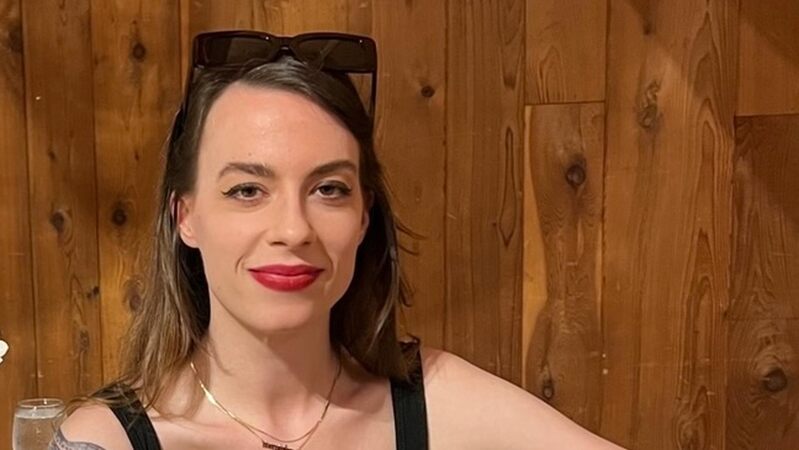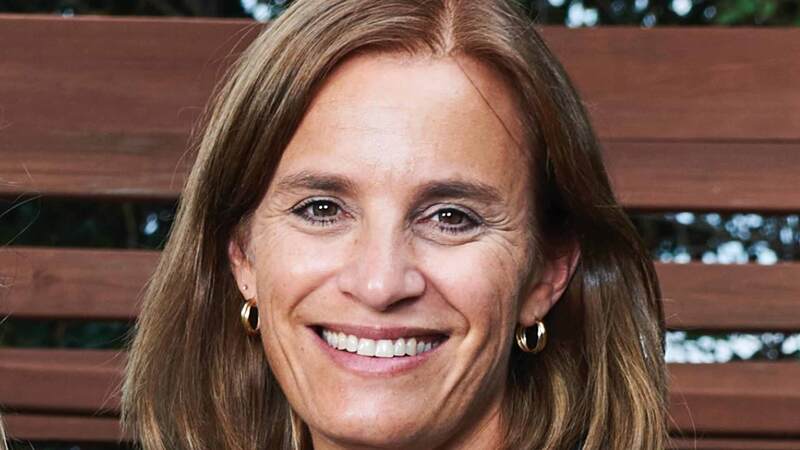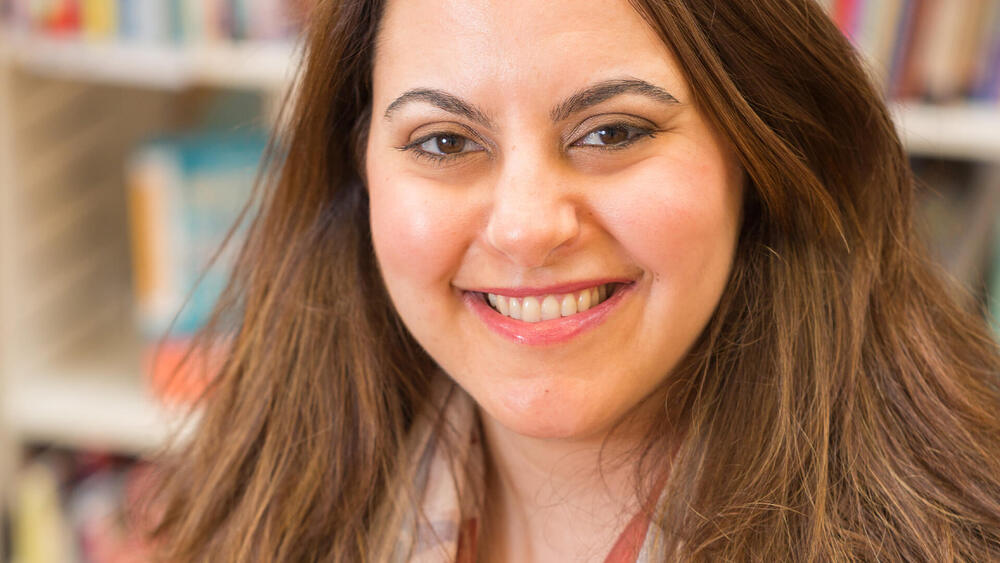You are viewing your 1 free article this month. Login to read more articles.
Reflecting Realities: why so surprised? An open letter from a small press
The CLPE’s Reflecting Realities report has shocked many in the book industry. That only 1% of children’s books published in 2017 featured a BAME main character has galvanised many into expressing their dismay – from reviewers to booksellers to publishers themselves. At Lantana, we were not surprised. We have long been aware of the inequalities in the publishing industry, and this is why we have dedicated ourselves to opening up a space for diverse voices from the start. Our books shine a light on BAME experiences, cultures and heritages, as well as those of minority voices around the world. Everything we do is guided by our strapline:
Because all children deserve to see themselves in the books they read.
I have a very personal stake in Lantana’s mission. I was one of those children. I never saw myself in the books I loved. When I wrote stories as a child, the best characters were white. Only white girls (and more often boys) could go on amazing adventures and have a voice in the world. And the ‘good’ stories – the stories that got published, that won awards, and that I saw on bookshop shelves – were rooted in British and American storytelling traditions. My Filipino culture was too strange. It wasn’t cool to read about people like me.
In waking us up to the limited range of experiences in UK children’s books, the Reflecting Realities study is invaluable. It forces us to consider the consequences for children’s imaginations, self-esteem, and empathy. But the onus cannot solely be on the publishers. We all have to work together to make real change. Small indie publishers (Tiny Owl Publishing, Alanna Max, Child’s Play, Cassava Republic and Knights Of, to name a few) have long answered the call, and the real challenge has not been finding a good BAME story or publishing the book. The real challenge is finding a place for our books.
It sometimes feels like we must move mountains to get our books noticed, either by the press or by suppliers, wholesalers and booksellers who choose which books to stock and promote. The amount of time, energy and funds small presses spend knocking on doors saying “We’re here! We’re actually publishing the books you’re missing!” is time, energy and funds not spent on making the books themselves. The passionate reactions to the Reflecting Realities study shows that a demand for stories like ours exists, but without the advertising budgets or influence of the larger houses we rely on these gatekeepers to champion our books and help us spread the word. So we call on readers, reviewers and influencers of all kinds: choose and read diverse and inclusive books. Choose them, and put them on your shelves and in your newspapers, until they are no longer the alternative choice, but the normal choice.
When I was in my 30s, Candy Gourlay’s Tall Story was published in the UK to rave reviews. And last year, Erin Entrada Kelly’s Hello Universe won the Newbery Award, the most prestigious award for children’s books in the USA. Both books were about Filipino and half-Filipino kids. The stories were rooted in our culture and shared the Filipino immigrant experience. Seeing these books made me feel like I was a part of the world. And I know that the children who see themselves in our books – where the London streets are a British-Indian boy’s playground, a Nigerian girl has magical adventures with a giant chicken, a Syrian boy leans on his family’s love to cope with war, and so on – feel the same way.
We are not saying that publishers are without blame, but spare a thought for those small presses that are truly making a difference in an industry where the odds are stacked against them.
Katrina Gutierrez is director of projects and communications at Lantana Publishing.















